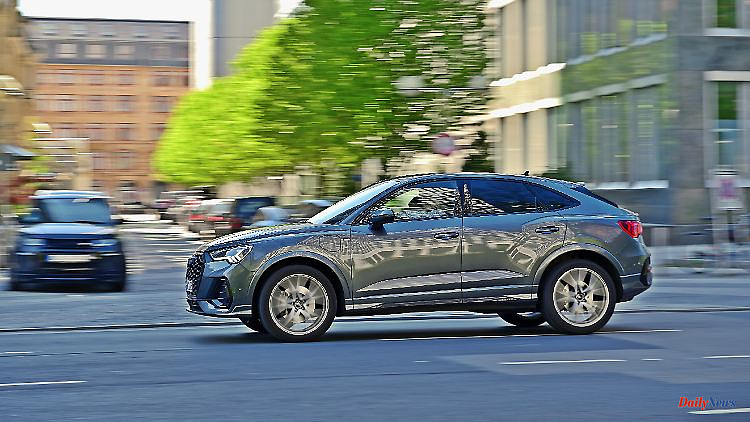Now there is no getting around it: In the foreseeable future, the EU will no longer be able to register new petrol and diesel engines. MEPs are the last to vote in favor. However, synthetic fuels are still in the running.
The EU Parliament has given its final approval for phasing out internal combustion engines for new cars in 2035. A majority of MEPs voted in favor of banning cars with diesel and petrol engines from 2035. The vote was about formal approval of an agreement between Parliament and member states in October.
After the agreement, the final approval of the negotiation result was still missing. The member states had already given the green light in November, and now Parliament has followed suit. The agreement stipulates that only so-called emission-free cars and vans will be newly registered. A point of contention in the negotiations was whether there should be an exception for cars running on synthetic fuels.
These e-fuels are usually produced from water and CO2 using electricity. According to the October agreement, the EU Commission should examine whether vehicles with such a combustion engine could still be registered in the future. At the instigation of the FDP, the federal government had campaigned at EU level to ensure that e-fuels were not excluded from the outset.
In the afternoon, the EU Commission also wanted to present its plans to reduce CO2 emissions from trucks and buses. It is also about the question of what role the combustion engine should play in heavy commercial vehicles in the future and how important electromobility is. The Commission's proposals for cars, trucks and buses are part of the climate protection package with which the EU wants to reduce its CO2 emissions by 55 by 2030.












